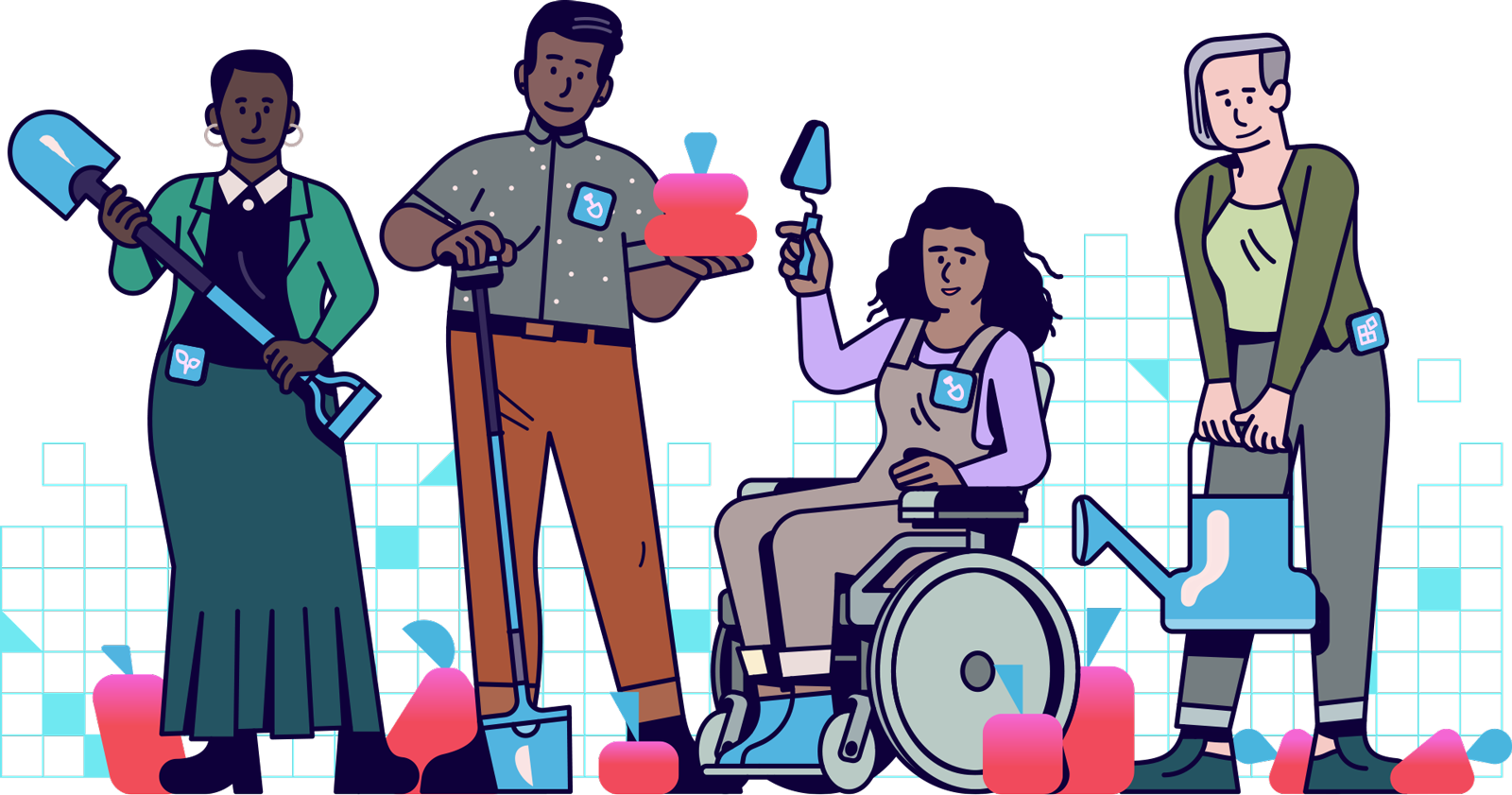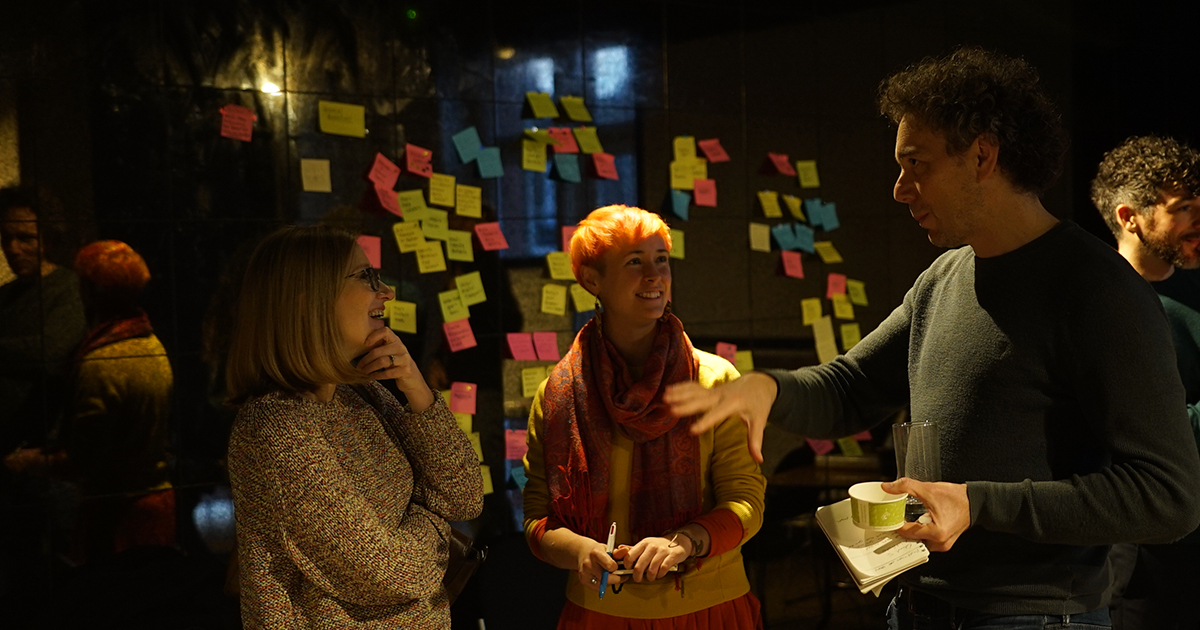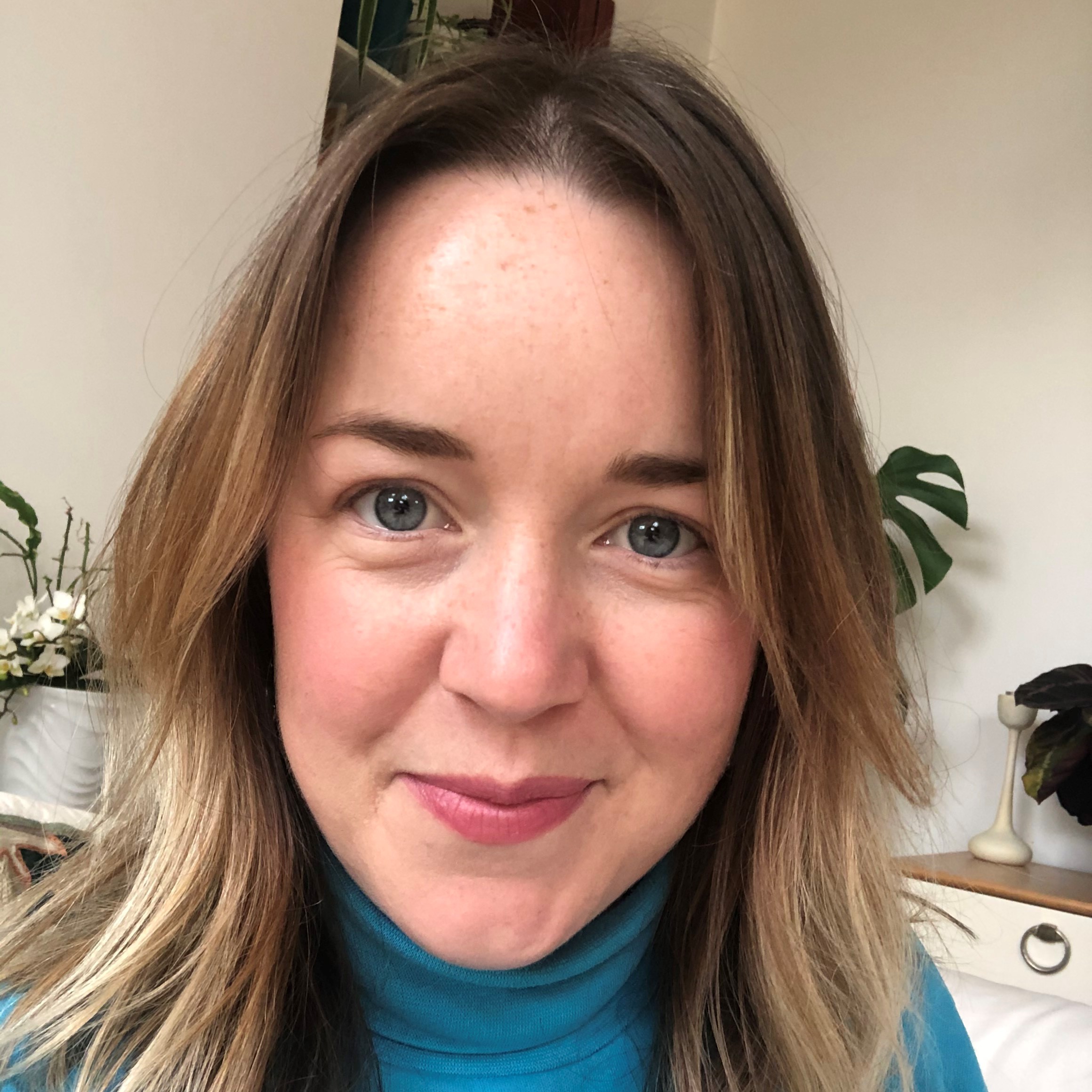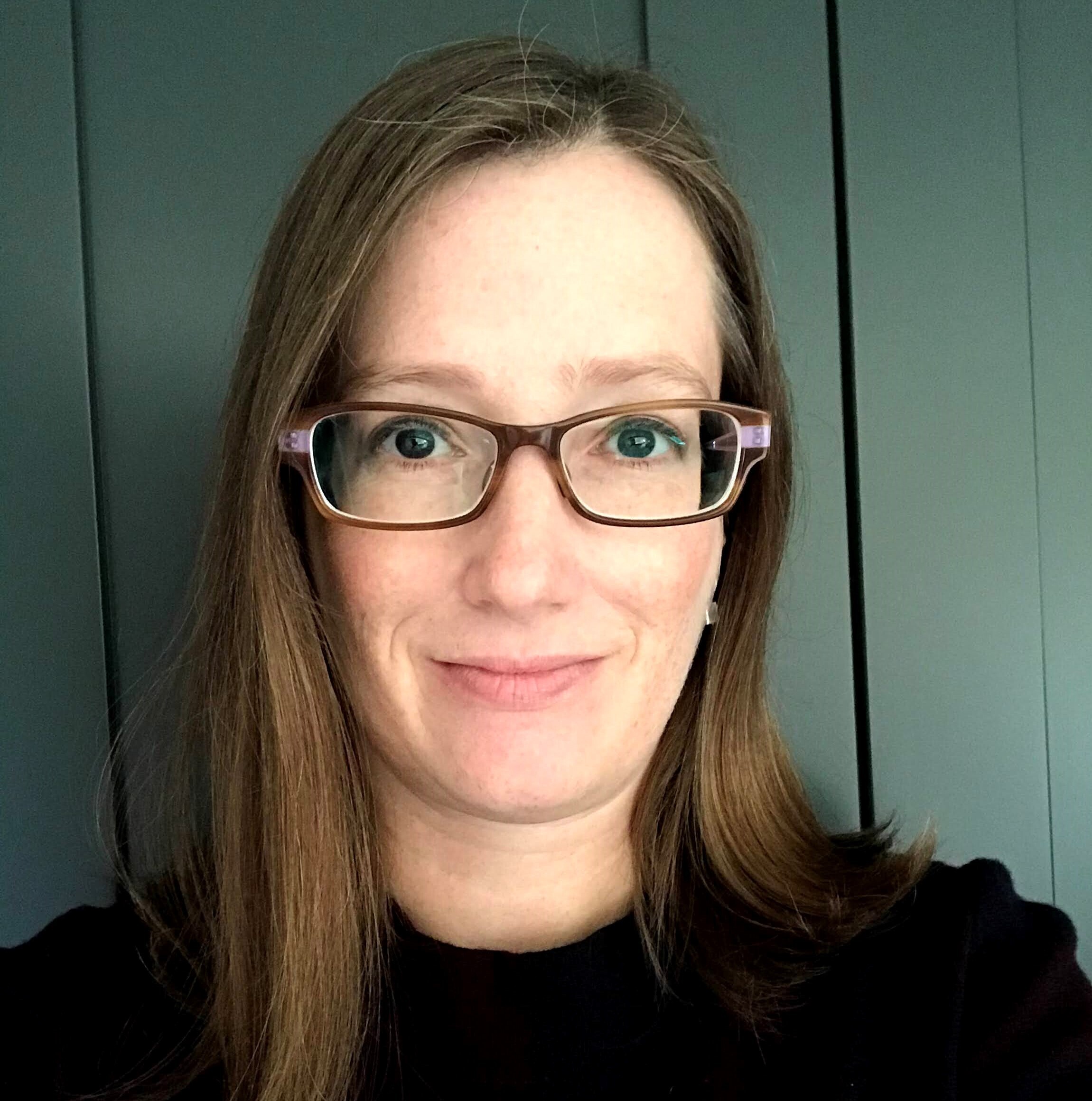
123 charities have been learning new digital and design skills. They’ve done this without attending any traditional training sessions. Learn how they did it.
It used to be in the charity sector that the training room was where we’d learn new skills and knowledge. More recently we might even have learnt them on Zoom webinars. But for many new digital and design skills, training sessions aren’t necessary. We can learn on the job.
That’s good because charities are busier than ever. And learning sticks better when it happens in situ.
Evidenced by evaluation
This blog explains some of what charities on Catalyst’s digital development programmes have been learning in 2021. It’s based on evidence generated through a formal evaluation. It particularly draws on what we learned from charities running full-scale development projects.
The programmes were funded by Catalyst and The National Lottery Community Fund COVID-19 Digital Response fund.
Double value for funders and charities
If you work for a charity or a funder we think it's important you know about what we learnt.
Digital development programmes help charities simultaneously:
- develop digital solutions to help their service users
- build their people and organisation’s digital capacity
We’ve not seen this combined approach written about anywhere else.
Gaining comfort, confidence and a desire to go further
People we talked to overwhelmingly told us that they:
- learnt new skills - particularly design skills
- became technically comfortable with new tools
- felt more confident about working openly and agilely.
But not only that, what we heard and observed was a hunger to apply what they learnt to other digital and non-digital projects. A desire to lead and support new work across their organisation.
“It has given us the backbone to a new world.” - Participating charity
“We now feel that we have enough knowledge to continue our journey.” - Participating charity
“I developed my ability to champion digital accessibility across the organisation.” - Participating charity.
Top 5 new skills
Here’s the most commonly reported new skills that charities will be taking into the future.
1. Working in the open
“The project has given us a tangible opportunity to work more openly and in an agile way. It is something that we would really like to take forward and apply to our work in the future.” - Participating charity
Reported by 94% of charities on the development programme.
Working in the open happens when charities share their work in ways others can reuse, and their experiences in ways that others can learn from. It requires both a mindset shift and new skills, particularly to share in real time rather than only at project end. Charities learnt to work openly by:
- Writing weeknotes about what they had been doing and publishing them, often on Catalyst’s Medium.
- Sharing their design assets - both by-products and final outputs so others can reuse them
- Sharing their learning and reflections in live sessions with other projects
2. User research skills
Reported by 82% of charities on the development programme.
User research usually means taking the time and effort to interview your users and learn about their needs, habits and behaviours. Some people had already done this but developed their skills further by doing more.
They learnt user research skills by:
- Identifying who they needed to research and how to gain their engagement
- Running interviews with users
- Documenting their interview notes in the form of personas and user need statements
3. Service design skills
“We feel a lot more knowledgeable about this area by having experienced this intense development journey.” - Participating Charity.
Reported by 70% of charities on the development programme.
Service design is both a way of thinking intentionally about services and a set of skills and methods. Anyone can learn service design. Some charities expected to but for others it was a new journey. They learnt service design skills by:
- Working agilely, at a fast-pace, accepting uncertainty and progressing iteratively
- Focusing on users and using user need statements to aid decision making
- Collaborating with different user groups, internal stakeholders and digital partners
4. Prototyping and testing skills
Reported by 70% of charities on the development programme.
Making prototypes and testing them is part of any good service design approach. However, people reported making and testing them with users as two distinct skills they learnt. They learnt them by:
- Sketching wireframes and mocking up ideas on paper
- Helping digital partners design digital prototypes
- Supporting and sometimes facilitating testing sessions where users explored or used the prototypes over a video call
5. User journey mapping skills
Reported by 55% of charities on the development programme.
Another specific part of a service design approach. User journeys show either:
- a user’s existing service experience, in stages.
- a user’s prospective service journey and experience - to help identify what’s needed at each stage and where the gaps or barriers might be.
In-depth, highly detailed journeys are sometimes known as service blueprints. Charities learnt them by:
- Participating in workshops with digital partners where they used personas and user need statements to map out a good user journey
- Testing user journeys by showing them to their users and asking their views
- Developing user flow diagrams with partners to identify how a user might find their way from the start to the end of a digital interface or set of interactions
Other skills
Honourable mentions to other specific skills they learnt:
- New ways to collaborate
- Co-design methods
- Creating user need statements as a service design skills
- Agile sprint design
- Wireframing as a prototyping skill
“We have more confidence to use the design approach to respond to changing needs. And the confidence to support other services going through a discovery process.” - Participating Charity.
If you’re a funder, ask us about helping you run a similar programme for your grantees.
It used to be in the charity sector that the training room was where we’d learn new skills and knowledge. More recently we might even have learnt them on Zoom webinars. But for many new digital and design skills, training sessions aren’t necessary. We can learn on the job.
That’s good because charities are busier than ever. And learning sticks better when it happens in situ.
Evidenced by evaluation
This blog explains some of what charities on Catalyst’s digital development programmes have been learning in 2021. It’s based on evidence generated through a formal evaluation. It particularly draws on what we learned from charities running full-scale development projects.
The programmes were funded by Catalyst and The National Lottery Community Fund COVID-19 Digital Response fund.
Double value for funders and charities
If you work for a charity or a funder we think it's important you know about what we learnt.
Digital development programmes help charities simultaneously:
- develop digital solutions to help their service users
- build their people and organisation’s digital capacity
We’ve not seen this combined approach written about anywhere else.
Gaining comfort, confidence and a desire to go further
People we talked to overwhelmingly told us that they:
- learnt new skills - particularly design skills
- became technically comfortable with new tools
- felt more confident about working openly and agilely.
But not only that, what we heard and observed was a hunger to apply what they learnt to other digital and non-digital projects. A desire to lead and support new work across their organisation.
“It has given us the backbone to a new world.” - Participating charity
“We now feel that we have enough knowledge to continue our journey.” - Participating charity
“I developed my ability to champion digital accessibility across the organisation.” - Participating charity.
Top 5 new skills
Here’s the most commonly reported new skills that charities will be taking into the future.
1. Working in the open
“The project has given us a tangible opportunity to work more openly and in an agile way. It is something that we would really like to take forward and apply to our work in the future.” - Participating charity
Reported by 94% of charities on the development programme.
Working in the open happens when charities share their work in ways others can reuse, and their experiences in ways that others can learn from. It requires both a mindset shift and new skills, particularly to share in real time rather than only at project end. Charities learnt to work openly by:
- Writing weeknotes about what they had been doing and publishing them, often on Catalyst’s Medium.
- Sharing their design assets - both by-products and final outputs so others can reuse them
- Sharing their learning and reflections in live sessions with other projects
2. User research skills
Reported by 82% of charities on the development programme.
User research usually means taking the time and effort to interview your users and learn about their needs, habits and behaviours. Some people had already done this but developed their skills further by doing more.
They learnt user research skills by:
- Identifying who they needed to research and how to gain their engagement
- Running interviews with users
- Documenting their interview notes in the form of personas and user need statements
3. Service design skills
“We feel a lot more knowledgeable about this area by having experienced this intense development journey.” - Participating Charity.
Reported by 70% of charities on the development programme.
Service design is both a way of thinking intentionally about services and a set of skills and methods. Anyone can learn service design. Some charities expected to but for others it was a new journey. They learnt service design skills by:
- Working agilely, at a fast-pace, accepting uncertainty and progressing iteratively
- Focusing on users and using user need statements to aid decision making
- Collaborating with different user groups, internal stakeholders and digital partners
4. Prototyping and testing skills
Reported by 70% of charities on the development programme.
Making prototypes and testing them is part of any good service design approach. However, people reported making and testing them with users as two distinct skills they learnt. They learnt them by:
- Sketching wireframes and mocking up ideas on paper
- Helping digital partners design digital prototypes
- Supporting and sometimes facilitating testing sessions where users explored or used the prototypes over a video call
5. User journey mapping skills
Reported by 55% of charities on the development programme.
Another specific part of a service design approach. User journeys show either:
- a user’s existing service experience, in stages.
- a user’s prospective service journey and experience - to help identify what’s needed at each stage and where the gaps or barriers might be.
In-depth, highly detailed journeys are sometimes known as service blueprints. Charities learnt them by:
- Participating in workshops with digital partners where they used personas and user need statements to map out a good user journey
- Testing user journeys by showing them to their users and asking their views
- Developing user flow diagrams with partners to identify how a user might find their way from the start to the end of a digital interface or set of interactions
Other skills
Honourable mentions to other specific skills they learnt:
- New ways to collaborate
- Co-design methods
- Creating user need statements as a service design skills
- Agile sprint design
- Wireframing as a prototyping skill
“We have more confidence to use the design approach to respond to changing needs. And the confidence to support other services going through a discovery process.” - Participating Charity.
If you’re a funder, ask us about helping you run a similar programme for your grantees.

Support & services
Our free services help you make the right decisions and find the right support to make digital happen.
Learn what other non-profits are doing
39+ organisations share 50+ Guides to how they use digital tools to run their services. Visit Shared Digital Guides.

CAST and Catalyst: the journey, the transition - and beyond






